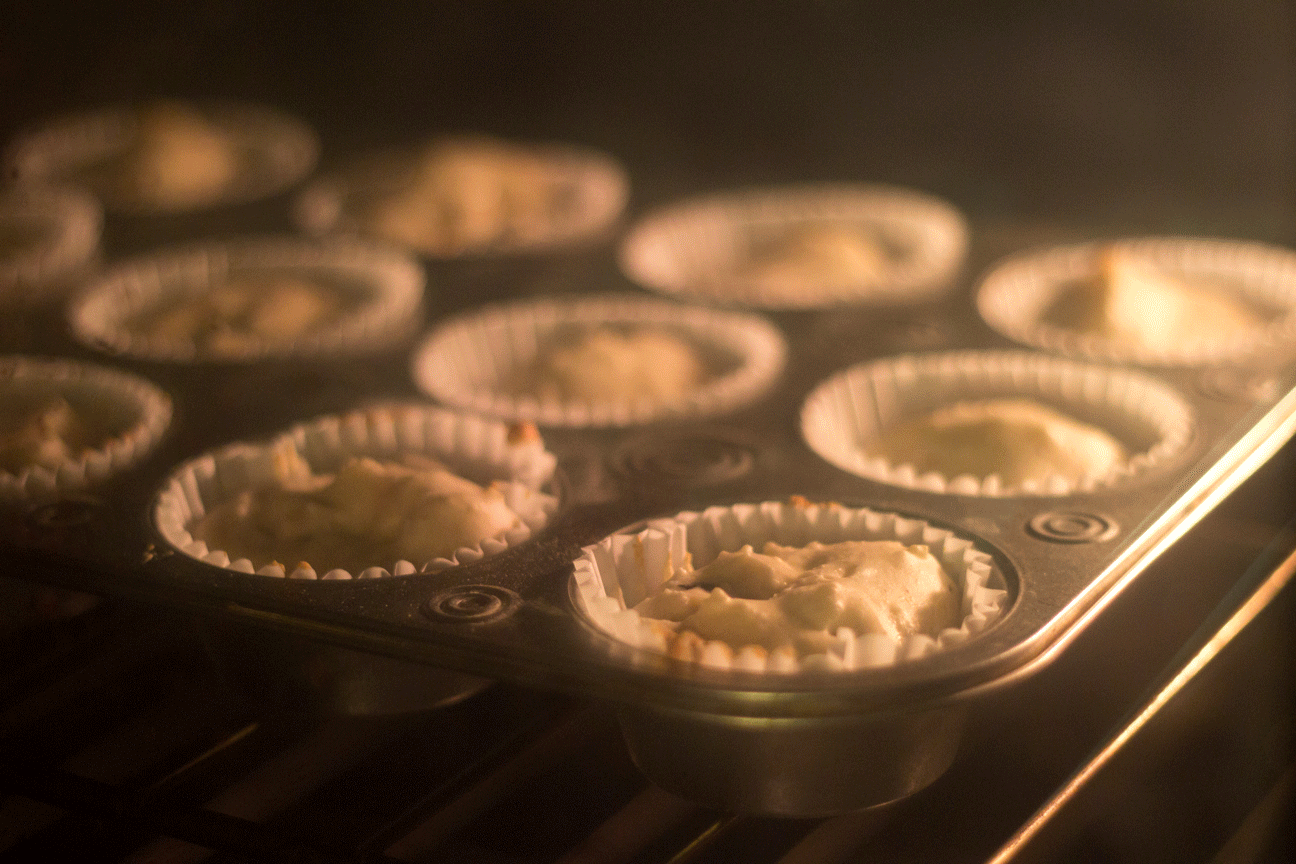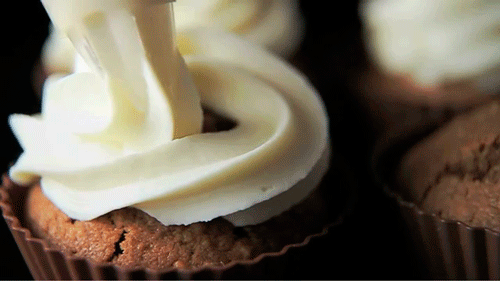It's often touted as the best time of your life – and in many ways it is: after all, your 20s is the decade that brings with a load of amazing milestones.
Renting; graduating; jobs; travel and great friendships: it's all actually pretty awesome.
You have the freedom to do pretty much whatever you want, with none of the responsibilities and stresses of the likes of home-ownership, marriage, and children (hello there, 30s!).

Let's face it though; your 20s can also be a pickle – full of uncertainties, broken hearts and set-backs. In fact, at times it's easy to let the pressures of your third decade get to you.
But the weight of the world is heavy thing – and not every little hiccup merits getting really worked up over.
So here, SHEmazing! details the top six things that women aged 20-29 need to chill out about…

1) The life-plan:
Yup, your mam and dad (actually – the entire extended family) are pestering you for 'the plan,' but when it comes down to it… you're just not sure what you want to do. It's easy to get distracted by friends too; especially when a load of your closest mates get sorted with jobs and internships mere moments out of college.
Well, for one – the whole "what am I doing with my life?" question isn't just for your 20s; that's something you'll be asking into your 30s, 40s and beyond.
And no one has all the magic answers either. In fact, you're probably doing pretty well as it is. So cut yourself some slack. It will all be fine in the end.

2) Dieting:
Most people pack on a few pounds during their 20s. We like to call it 'the swell'.
So your body changes – so what? Seriously, the amount of 35- and 45-year-olds who look back at their 25-year-old selves and wonder: "why did I ever worry – I looked fecking cracking back then!"
Because, in all likelihood, you do look cracking. Focus on being healthy and eating well and being able to run for the bus without medical intervention, rather than getting worked up over a number on a clothes tag.

3) Being a bad-ass:
Women, especially women in the workplace, still worry about being a 'bitch'. Getting on with people is definitely a good thing, as is making an effort, being polite and being personable.
However, speaking your mind; standing up for yourself; saying loud and clear 'no siree, I'm not that kinda gal,' is just as important.
Sure, you'd rather not 'make a fuss,' but playing your part is vital. And every time you do, it gets a little bit easier next time.
Maybe you get shot down anyway – but whatever the outcome, be proud of your mind – and your ability to speak it.

4) Social media:
We do it ourselves: we stick up our best pictures, taken at the best angles, in the most glamorous settings. We share the highs and ignore the lows.
And yet we still assume that EVERYONE else has this amazingly gilded life full of parties and beaches; expensive shoes and beautiful people.
Stop! Snapchat and Instagram are NOT real-life; NOT everyone on Facebook is getting engaged or getting married or jetting off to Thailand. Remind yourself as often as you need to that comparing yourself to others is pointless – especially when those others are only offering a gilded portion of themselves.

5) Contraception:
Deciding on contraception can actually be stressful, problematic, and confusing. You worry about the side-effects, not to mention that niggling two percent – or five or ten percent – margin of error: the 'well sure you might just get pregnant anyway,' window. To all that we say: relax.
Do your research and chat to your doctor about ALL your options: being prepared and taking responsibility for your own sexual health goes a looong way to placating worries.
Otherwise, simply take things when you're supposed to, and use everything exactly according to manufacturers' instructions – then get on with having fun.

6) Ditching friends:
When you're young and in a big group, you do everything with your squad: you socialise together, go to college or school together, and pretty much breathe the same air as one another.
But that changes over time – and sometimes your 'bestest ever' mate at 21 is not necessary your closest buddy at 24.
That's no bad thing – nor should you worry about streamlining your group down to a handful of 'always there for you' guys and gals.
On a similar note, kick the ones who aren't worth it to the curb without a second thought. If they're mean, draining, distracting or just down-right negative around you, then they're not what you need in your life.




































































